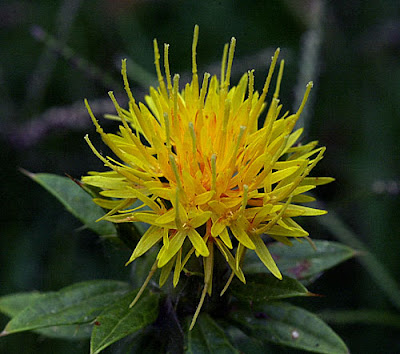
We got much more space now and are intending to hit 2010 with a bunch of great new ideas and challenges.
- Marketing and Sales
- Logistic and Distribution
- Projects and Partnerships

Year 2010 will represent our first steps into the Lebanese market. It will be a year of Sales with a capital S. We are targeting the regional market and reinforcing our presence in Europe and North America.
Year 2010 will define a new and more complex distribution strategy. Our team will be even more interdependent, each person operating as a vital link in the chain.
Year 2010 is a campaign of wake-up calls. Our land is our future and in FTL we are developing long-term projects and partnerships that will allow us to strengthen and measure our social impact on our cooperatives, their families, their lands and their communities.

Finally, Year 2010 is a year closer to You. Share our enthusiasm and be part of the adventure. Our backbone is a new and young generation that is conscious about reality and willing to stand up and face it.



































